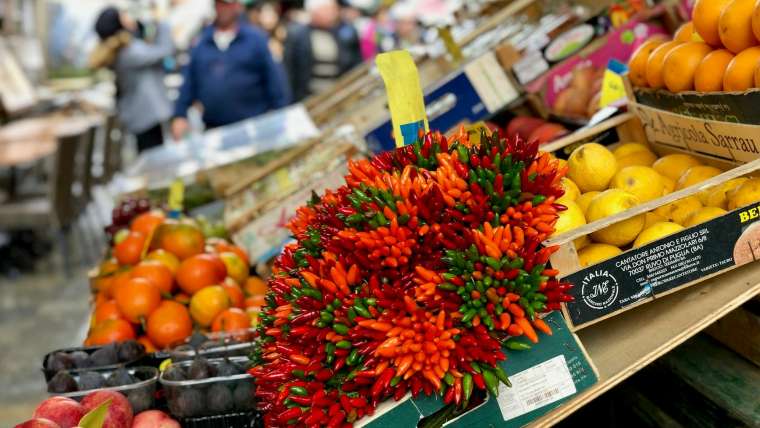Uncover the truth about kidney stones in this comprehensive guide. Find out what causes them and how to prevent them.
Table of Contents
When it comes to kidney stones, understanding the causes, symptoms, treatment options, and preventive measures is essential for managing this painful condition. In this comprehensive guide, we will break down everything you need to know about kidney stones.
Kidney Stones Overview
Kidney stones are hard deposits that form in the kidneys and can cause intense pain as they move through the urinary tract. These stones are made up of various substances like calcium, oxalate, and uric acid. They can vary in size from a tiny grain to a golf ball and can affect anyone, but certain factors like diet, dehydration, genetics, and underlying medical conditions can increase the risk.
Causes and Risk Factors
Kidney stones can develop due to a combination of factors, including:
- Dehydration
- Poor diet high in sodium and oxalate
- Family history of kidney stones
- Obesity
- Underlying medical conditions like gout or urinary tract infections
Symptoms
The symptoms of kidney stones can vary depending on the size and location of the stone. Common symptoms include:
- Severe pain in the back, abdomen, or side
- Painful urination
- Blood in the urine
- Nausea and vomiting
- Frequent urge to urinate
Diagnosis and Treatment
Diagnosing kidney stones typically involves a physical exam, imaging tests like ultrasounds or CT scans, and urine tests. Treatment options vary based on the size and location of the stone and may include:
| Topic | Details |
|---|---|
| What are kidney stones? | Kidney stones are solid masses made up of crystals that separate from the urine and build up in the kidneys. They can vary in size and composition. |
| Causes | Kidney stones can form when urine contains too much of certain substances, such as calcium, oxalate, and uric acid. Dehydration and certain medical conditions can also contribute to their formation. |
| Symptoms | Common symptoms of kidney stones include severe pain in the back, side, abdomen, or groin, pain during urination, changes in urine color, and nausea/vomiting. |
| Treatment | Treatment options for kidney stones can include drinking plenty of water, medication to help pass the stone, lithotripsy (breaking up the stone with sound waves), and surgical removal. |
| Prevention | Preventive measures for kidney stones include staying hydrated, eating a balanced diet low in sodium and oxalate, and avoiding certain foods that can contribute to stone formation. |
- Drinking plenty of water to help flush out the stone
- Pain medication to alleviate discomfort
- Moving the stone with medical procedures like shock wave therapy or surgery
Prevention Tips
Preventing kidney stones involves making certain lifestyle changes. Here are some tips to reduce your risk:
- Stay hydrated by drinking plenty of water throughout the day
- Follow a balanced diet low in sodium and oxalate-rich foods
- Limit consumption of foods high in sugar and processed foods
- Manage underlying medical conditions that can contribute to stone formation
Conclusion
In conclusion, kidney stones can be a painful and frustrating condition to deal with, but with the right knowledge and proactive measures, you can manage and reduce your risk of developing them. If you experience symptoms of kidney stones, seek medical attention promptly for proper diagnosis and treatment. By understanding the causes, symptoms, treatment options, and prevention tips outlined in this guide, you can take control of your kidney health and reduce the impact of kidney stones on your life.
FAQ
Question 1: How can I prevent kidney stones?
Answer 1: Prevent kidney stones by staying hydrated, following a low-sodium diet, and managing underlying medical conditions.
Question 2: What are the symptoms of kidney stones?
Answer 2: Symptoms include severe back or abdominal pain, painful urination, blood in urine, nausea, and frequent urination.
Question 3: How are kidney stones diagnosed?
Answer 3: Diagnosis involves physical exams, imaging tests, and urine tests to confirm the presence of stones.
Question 4: What are the treatment options for kidney stones?
Answer 4: Treatment may include hydration, pain medication, lithotripsy, or surgical removal depending on the stone’s size and location.





